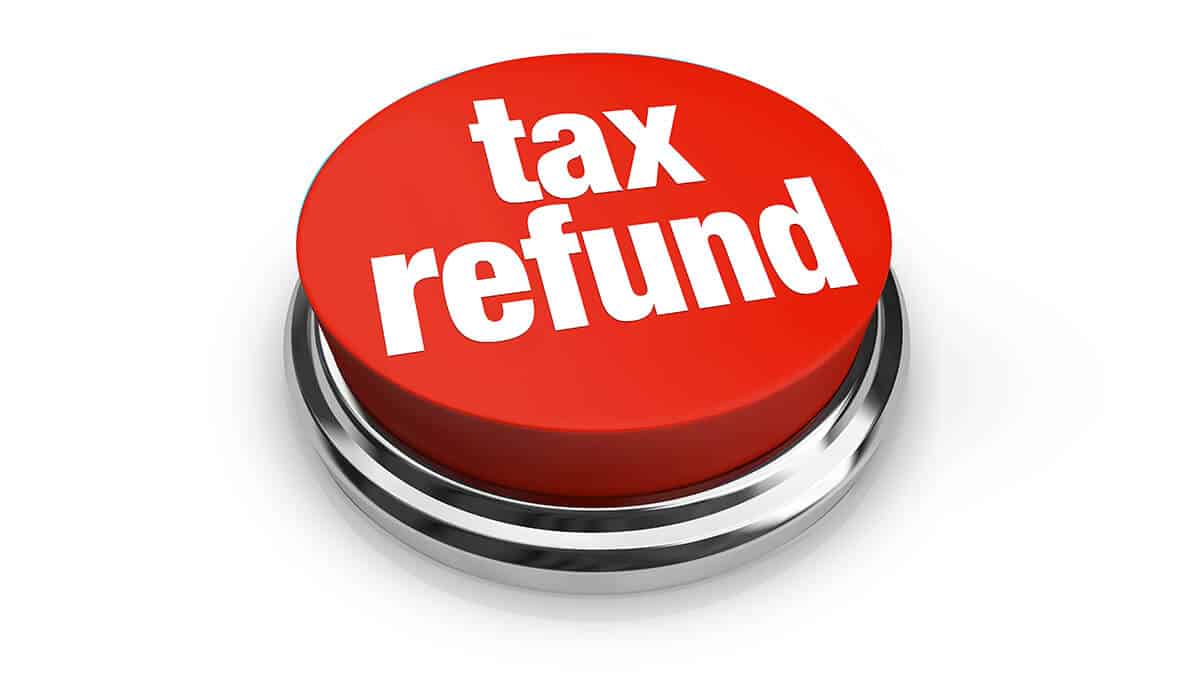In this guide
It’s not easy to get tax back from the government, but one of the few exceptions to that rule is the Low Income Super Tax Offset (LISTO) payment for low-income earners.
If you qualify for a LISTO payment, you could be eligible to receive a rebate of up to $500 paid directly into your super account by the Australian Taxation Office (ATO).
If announced changes proceed, the maximum LISTO payment will increase to $810 from 1 July 2027.
Although this tax offset has been around for many years, it’s one that’s often overlooked. As many women and younger workers in particular tend to be low-income earners, it’s worth learning more about this potential top-up for your retirement nest egg.
What is LISTO?
LISTO was introduced to encourage people to save for their retirement and make the super system fairer for low-income earners.
For most workers, the tax rate on money going into their super account is significantly lower than the rate they would pay on the same income outside super. The LISTO rules are designed to provide some tax savings to lower earners and prevent some people from paying more tax on their super contributions than if they received the same amount as take-home pay.
Put simply, all concessional contributions to super are taxed at 15% when they go into your super account. Current tax rates are zero for income up to $18,200 and 16% for the dollars you earn between $18,201 and $45,000 (not including Medicare Levy). Without LISTO, very low-income earners would pay more tax to contribute to super than they do on their last dollar of annual income and those paying the 16% tax rate have only a small tax saving on super contributions.
According to the latest available ATO statistics, just over 2.4 million people benefited from a LISTO payment in the year to December 2024.
Background to LISTO
The Low Income Superannuation Tax Offset (LISTO) came into effect on 1 July 2017 as a renamed version of the Low Income Superannuation Contribution (LISC). LISTO payments are capped at $500 per year.
The LISC policy initiative was a response to the Henry Review into Australia’s tax system. The Henry Review findings argued low-income taxpayers should not be paying more tax on their concessional (before-tax) super contributions – like the Superannuation Guarantee – than on their wage and salary income.
How does LISTO work?
To even things up for low-income earners, if you earn under $37,000 a year LISTO acts as an offset (or refund) for some of the tax your super fund deducts from your concessional (before-tax) contributions and pays to the ATO.
Your concessional contributions into your super account include your employer’s compulsory SG contributions and any salary-sacrifice contributions, plus any personal contributions for which you claim a tax deduction.
Who is eligible for LISTO payments?
The ATO determines your eligibility for LISTO based on your adjusted taxable income for the financial year.
To be eligible for LISTO, you need to meet all the following criteria:
- You have an adjustable taxable income of $37,000 or less
- You or your employer have paid concessional contributions (including SG contributions) for the year into a complying super fund
- You have not held a temporary resident visa at any time during the year
- You have lodged a tax return and at least 10% of your total income came from employment, business income or a combination of both OR you did not lodge a tax return and 10% or more of your total income comes from your employment.
How to calculate your LISTO
A LISTO payment is determined by calculating 15% of the concessional contributions paid into your super account during the financial year. The maximum amount is $500 for each financial year, with the minimum amount being $10. If you are eligible for less than $10, the ATO rounds the payment up to $10.
To work out how much LISTO you may be eligible to receive, try the Low Income Superannuation Tax Offset (LISTO) calculator tool on the ATO’s website. It estimates your eligibility and entitlement to the tax offset based on information about your income and super contributions.
How do you receive LISTO?
The amount of LISTO you are eligible to receive is automatically calculated by the ATO and paid into your super account, so you don’t need to do any paperwork or apply to receive the payment.
The ATO checks the relevant information when you lodge your income tax return after 30 June each year. It also receives information from your super fund about your super contributions.
Normally, the ATO makes the first round of LISTO payments several months after you lodge your tax return.
Pending changes
Both the LISTO threshold and maximum payment are set to rise.
From the 2027–28 financial year onwards, LISTO will be available when you earn up to $45,000 per year and the maximum payment will increase from $500 to $810.
The proposed change means people earning total income in the second tax bracket or below will be eligible for LISTO, and it will fully offset the 15% contribution tax on Superannuation Gaurantee contributions for those who are eligible to receive it.
This proposal is not yet law and could change before it is implemented.
Get more guides like this with a free account
better super and retirement decisions.


Leave a Reply
You must be logged in to post a comment.